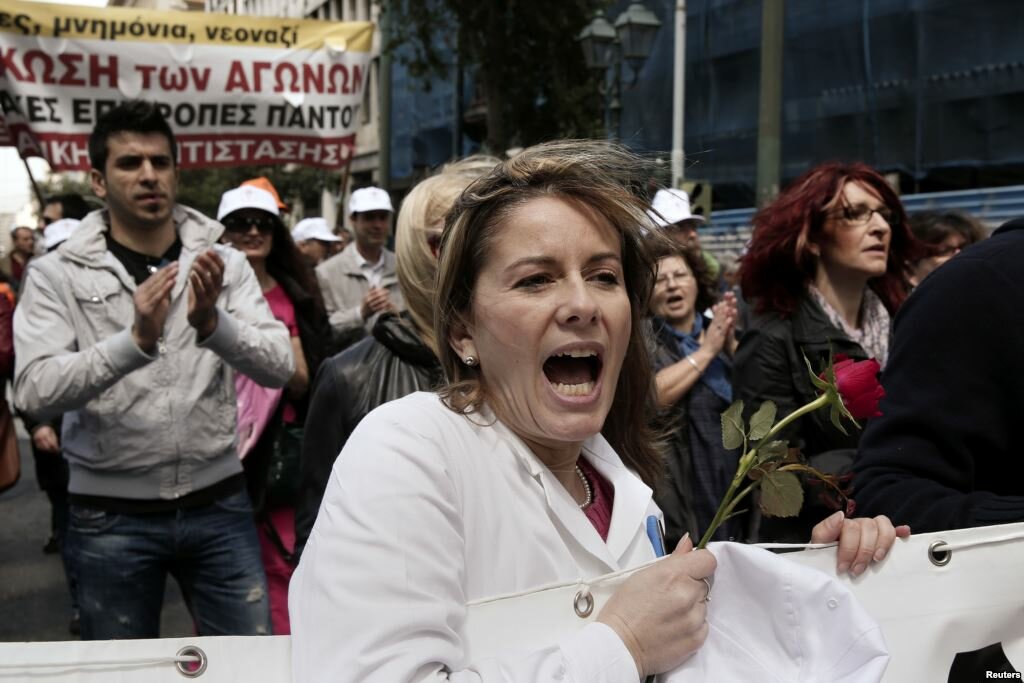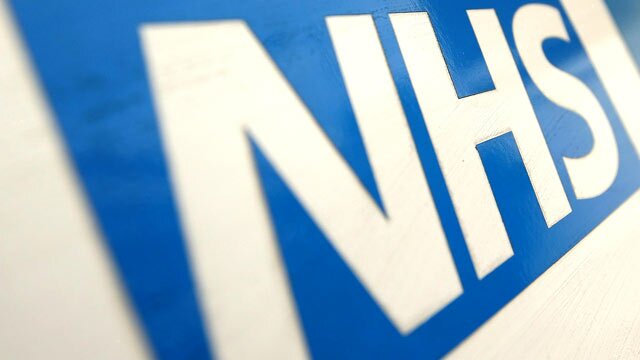With Balkan nations facing shortages of doctors and specialists, industry experts are urging governments to improve the training, salary and retention of medical personnel. Within the EU, there are 380 doctors per 100,000 residents, but Balkan countries are significantly short of that ratio.
Hrvoje Minigo, president of the Croatian Medical Chamber, said that doctors leave the country for better pay, and expressed concern that fewer people will choose to pursue careers in medicine. ”The study and specialisation are long, so doctors expect adequate wages and working conditions for their efforts. Unfortunately, it is often found in developed countries,” Minigo told SETimes. The Croatian National Health Development Strategy, adopted last year by the government, provides a framework for progress through 2020 focusing on increasing the number of students in medical schools, increasing wages and improving working conditions. Among the steps being taken, the health ministry has increased the number of specialisations and narrowed the focus of specialisations in order to improve care. The number of medical student placements has been increased, and the government approved a suggestion from the Croatian Medical Chamber that medical interns should be paid, which is considered an important stimulative measure. ”It all depends on finances,” Minigo said. “The authorities should provide budgets for education, adequate wages and better working conditions.”
In 2012, Serbia received a donation of 30 mammography scanners from Japan, but the country does not have enough radiologists who know how to operate them.
“It is not easy to solve the problem of doctors who leave the country,” Tatjana Radosavljevic, director of the Medical Chamber of Serbia, told SETimes. “What we need is a national strategy which will address the problem of shortage of doctors and the means to provide them conditions to stay in the country.” Neither the government nor any organisations have taken steps to devise such a strategy.” If the state could provide bigger wages to the doctors, many would stay, but the state simply cannot afford it,” Radosavljevic said. Serbia has around 23,000 doctors, half of whom are specialists, but the country lacks anesthesiologists, radiologists, cardiosurgeons and pathologists.According to data from the Medical University in Belgrade, about 500 people pass the specialist exams every year. Many of them leave the country in search of better salaries. Most of the specialists go to Libya, Germany and Slovenia, but also to the US and Australia.
According to the World Health Organisation, the outflow of doctors and medical experts from Bosnia and Herzegovina (BiH) tripled in the last two years. The latest report said the number of doctors in the Federation of BiH is 173 per 100,000, which is half of the average for Europe. Croatia needs 4,300 more physicians to achieve that ratio. ”Specialists in Bosnia and Herzegovina have a basic salary of 700 euros [a month], while in Slovenia it’s 3,500 euros. That is one of the reasons we have shortages of doctors, especially family medicine physicians,” Abud Sarić, chairman of the Independent Health Trade Unions of the Federation of BiH, told SETimes. Last year, the Medical Chamber of Tuzla canton registered almost 70 doctors who left the country after finishing their studies. In the Federation of BiH, more than 50 new family medicine teams were established in the last year, but there is still a shortage of doctors, said Zlatan Persic, spokesperson for the BiH Ministry of Health. ”Since last year, we have 705 family medical teams, with at least one doctor and a nurse, while a year earlier worked 652 teams. But we can not be satisfied because, according to our estimations, in the Federation BiH should work around 1,100 to 1,200 teams,” Persic told SETimes.
Romania closed 67 hospitals during 2011 due to a lack of doctors. Many of those facilities became clinics with family doctors, but some have remained closed or were transformed into geriatric centres. The country lost almost 2,000 doctors in 2012 and has lost about 15,000 in the last two decades. According to Romania’s National College of Physicians, the country has seen the number of foreign medical students more than double since 1990, with four candidates applying for each place. But it is rare for them to stay. In 2010, Romania registered more than 6,300 medical graduates, more than 20 percent of whom immediately left the country in search of better-paying jobs in the western Europe. Romanian Health Minister Eugen Nicolaescu told ziare.com last month that the cabinet would increase doctors’ salaries. Years of low salaries have led to corruption in the health care system, with patients paying bribes in order to receive care.”Many young and capable doctors emigrate during residency or immediately after finalizing the residency and never work as specialists in Romania,” said Alin Popescu, medical manager of the Romanian Rugby Federation.
The article is reachable for further reading at: http://www.setimes.com/cocoon/setimes/xhtml/en_GB/features/setimes/features/2013/03/29/feature-02
Pin It





























